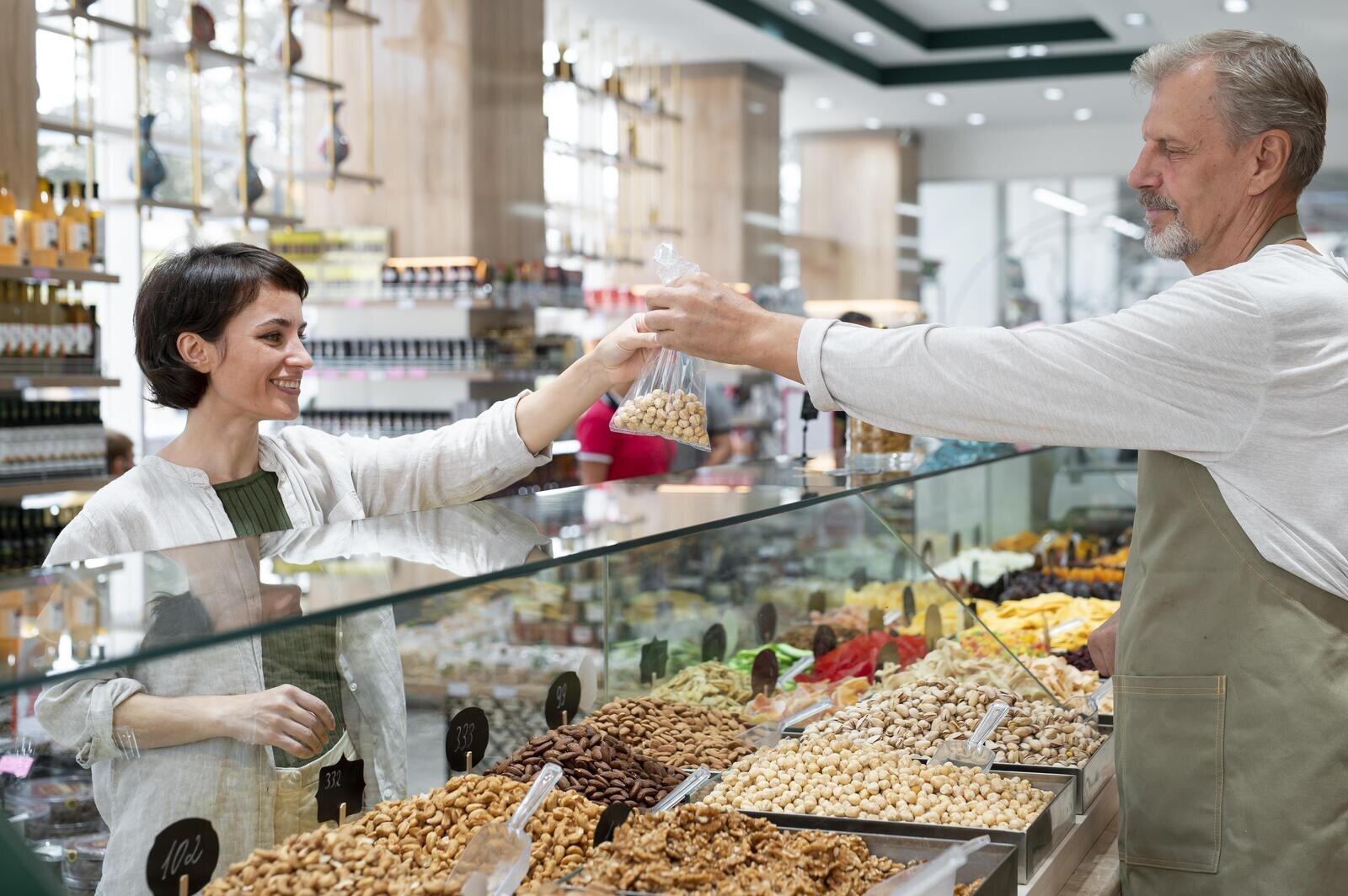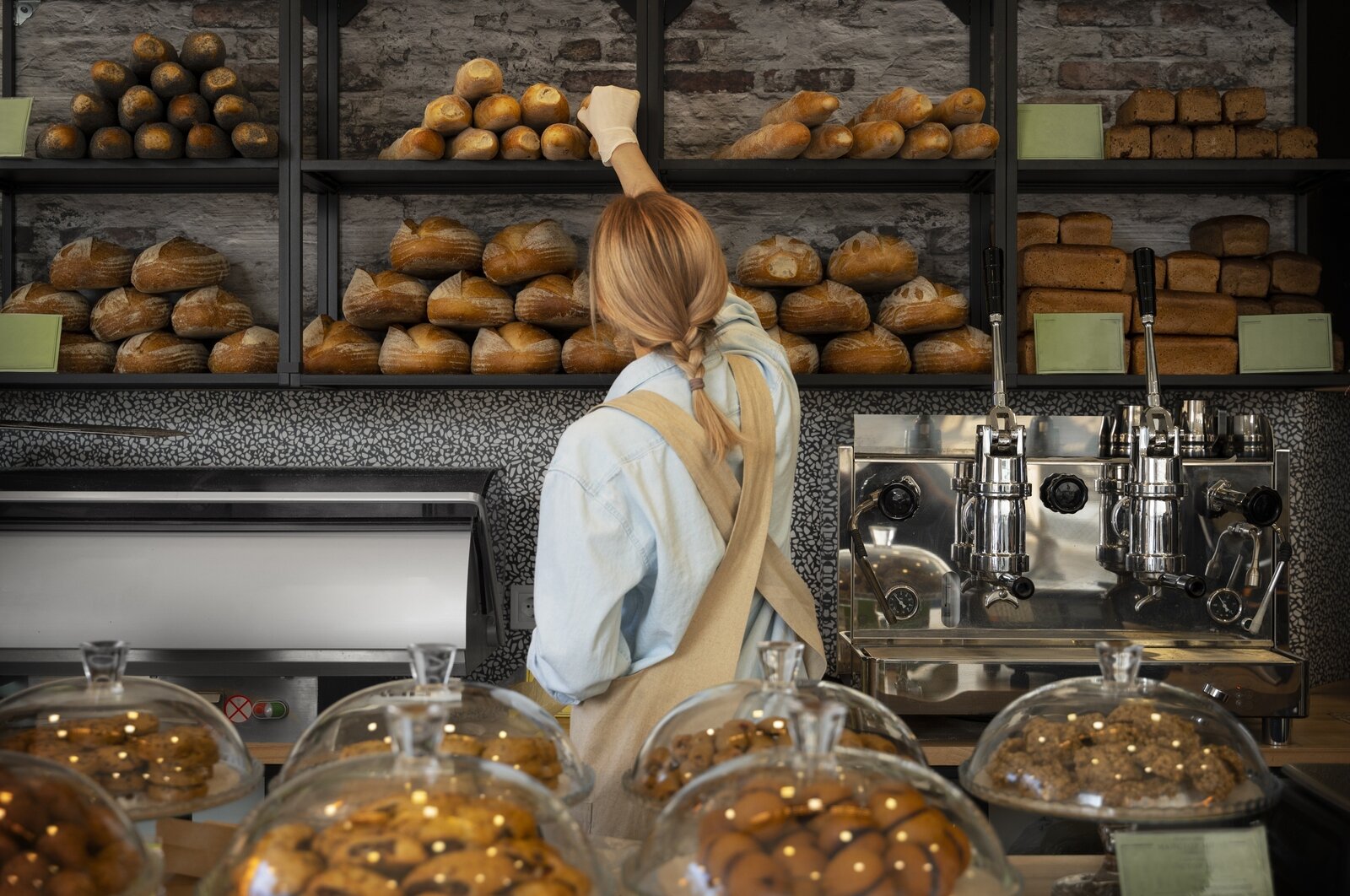Franchise market in the food industry

Discover the latest trends shaping food franchises in 2024, from premium brands like Häagen-Dazs to traditional bakeries like Paul. Find out how to succeed!
The food industry continues to be a thriving sector for franchising, adapting to new consumer demands and shifting preferences. In 2024, several key trends are reshaping the gastronomic landscape, offering both opportunities and challenges for aspiring franchisees. The growing demand for luxury experiences and the desire for authentic, traditional tastes are driving the evolution of food franchises, with brands like Häagen-Dazs and Paul at the forefront of these changes.
The rise of premium and luxury franchises
Luxury brands like Häagen-Dazs are increasingly sought after by consumers, particularly in the dessert and gourmet food market. Häagen-Dazs, known for its premium ice creams, appeals to customers seeking high-quality, indulgent experiences. As consumers become more willing to pay for exclusive products that combine luxury with taste, franchises in this space are flourishing. Häagen-Dazs offers its franchisees comprehensive support, including assistance in store design, product innovation, and marketing campaigns to capture this high-end consumer segment.
With rising disposable incomes and a growing appreciation for luxury, food franchises that emphasize premium ingredients, unique flavors, and exceptional service are positioning themselves to attract discerning customers. Häagen-Dazs, for example, leverages its global brand recognition and continuous innovation to maintain relevance in an increasingly competitive market(
A Return to Tradition
While premium ice creams satisfy a desire for luxury, the success of traditional food franchises like Paul Bakery reflects a growing consumer longing for authenticity and tradition. Paul, a French bakery brand with over a century of history, appeals to customers by offering an artisanal experience. Its commitment to classic French baking techniques and high-quality ingredients resonates with those seeking both nostalgia and quality.
Paul’s international expansion through franchising offers an intriguing model for franchisees. The brand emphasizes strong brand heritage, allowing franchisees to tap into the global trend of consumers seeking real, homemade-style products. With the brand's extensive training programs and operational support, franchisees are well-equipped to meet the high standards that Paul’s customers expect(
Consumer preferences shaping the future of food franchising
One of the dominant trends in food franchising in 2024 is the growing emphasis on health and sustainability. Consumers are not only looking for indulgent or traditional experiences but are also more conscious of the environmental and health impacts of their food choices. This shift is prompting food franchises to adopt more sustainable practices and healthier menu options. Brands that adapt to this trend, by offering organic, plant-based, or sustainably sourced ingredients, are likely to gain a competitive edge.
Furthermore, technology and digital innovation continue to play a crucial role in transforming the food franchise landscape. Brands that integrate online ordering, delivery apps, and innovative customer engagement strategies are better positioned to capture the modern consumer who values convenience as much as quality.
Investment and dupport for franchisees
Both luxury and traditional food franchises offer solid support systems for their franchisees. Häagen-Dazs and Paul, for instance, provide comprehensive training, marketing resources, and operational assistance. This support helps franchisees navigate the complexities of running a successful food franchise, from supply chain management to customer service excellence.
The initial investment required to join a premium or traditional food franchise can vary significantly. For brands like Häagen-Dazs, the investment reflects the premium nature of the product and brand. However, the potential return on investment can be high, particularly for franchisees who can capitalize on the luxury market’s growth. Paul Bakery, on the other hand, typically requires a lower upfront investment compared to high-end brands, but the focus remains on maintaining the high-quality, traditional experience that customers expect.
As the food industry continues to evolve, franchises must adapt to shifting consumer demands. In 2024, the food franchise market will likely see continued growth in both the luxury segment, with brands like Häagen-Dazs, and the traditional, artisanal segment, with brands like Paul. Franchisees who can successfully navigate these trends, supported by strong brand systems and customer insights, are well-positioned for success in this competitive market.
Featured franchises
No featured franchises
Breaking news
Show all
LA BARBE DE PAPA
Step into a premium grooming network built for growth, offering a structured franchise model with clear financials and strong operational support.

Pandora Greenbox franchise
Pandora Greenbox offers a scalable fast-casual concept combining healthy cuisine, smart design and strong unit economics across Europe.

Expanding premium footwear through franchising
A French footwear brand expanding through franchising, offering structured entry into premium shoe retail with established operational standards.

Franchise model in sustainable water solutions
An international franchise network focusing on water generation and distribution technologies designed for commercial and residential markets.


